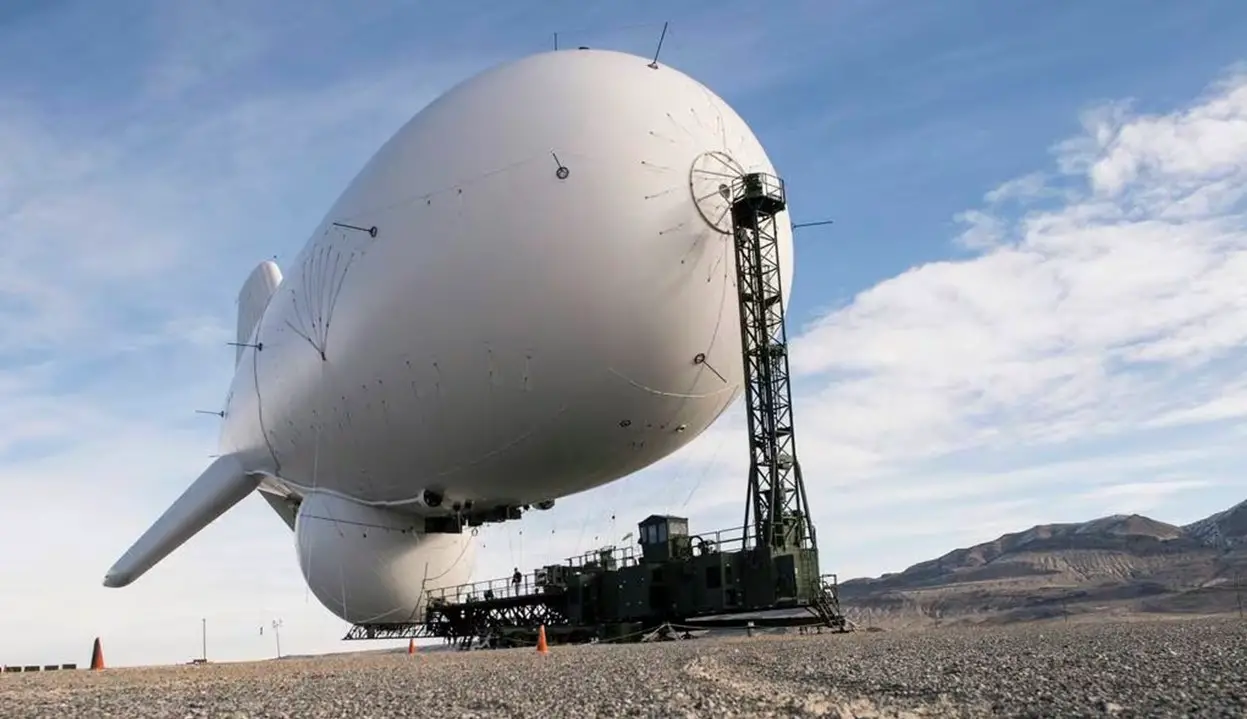The US State Department has made a determination approving a possible Foreign Military Sale to the Government of Poland of Airspace and Surface Radar Reconnaissance aerostat systems and related elements of logistics and program support for an estimated cost of $1.2 billion. The Government of Poland has requested to buy Airspace and Surface Radar Reconnaissance (ASRR) aerostat systems; Airborne Early Warning (AEW) Radars with Identification of Friend or Foe (IFF) capability; electronic sensor systems; mooring systems with powered tether with embedded fiber optics; Ground Control Systems (GCS); associated installation hardware; special tools and test equipment; Basic Issue Items (BII); program management support; verification testing; systems technical support; transportation; spare and repair parts; communications equipment; operators and maintenance manuals; personnel training and training equipment; tool and test equipment; repair and return; publications and technical documentation; Quality Assurance Team (QAT); U.S. Government and contractor engineering, technical, and logistics support services; in-country Field Service Representatives (FSR); and other related elements of logistics and program support.
The Aerostat Early Warning System is an operationally proven tethered aerostat-borne, 3-D multiple beam, Doppler radar system providing accurate longrange early warning and air defense capabilities. Deployed at high altitude, the system’s advanced Active Electronically Scanning Array (AESA), L-Band radar is able to detect and track multiple targets including aircraft, cruise missiles, loitering munition and other low flying threats, well beyond the range of ground based radars. The operation up to 30 days as well as low operating costs. The system can be further enhanced with the addition of SIGINT sensors, IFF, and EO/IR improving classification, identification and target discrimination. Moreover, the system can act as a communication relay extending LOS communication networks. The complete solution is managed by a Command and Control center and can interface with other C4I systems.
Features
• Automatic Track-While-Scan (TWS) of multiple targets
• Dedicated tracking beams
• High probability of detection by combination of mechanical rotation with electronic steering
• Low false alarms rate
• Excellent Doppler visibility
• Operation in heavy clutter and noisy environments
• High update rate enables continuous tracking of highly maneuvering targets
• High reliability, maintainability and availability
• Variety of interface options to C4I systems
Sometimes referred to as “barrage balloons,” aerostats are large, helium-filled systems used to support long-range surveillance, reconnaissance, and threat detection. Raytheon previously started an aerostat program known as the Joint Land Attack Cruise Missile Defense Elevated Netted Sensor System, but funding was cut due to controversy. The proposed sale will support the foreign policy goals and national security objectives of the United States by improving the security of a NATO Ally that is a force for political stability and economic progress in Europe. The proposed sale will improve Poland’s capability to meet current and future threats of enemy air and ground weapons systems. Poland will use the capability as an airborne early warning system to defend against incoming regional threats. This will also enable Poland to increase its contribution to future NATO operations. Poland will have no difficulty absorbing this equipment into its armed forces. The proposed sale of this equipment and support will not alter the basic military balance in the region.The principal contractors will be Raytheon Intelligence and Space, of El Segundo, CA; TCOM, L.P., of Columbia, MD; ELTA North America, of Annapolis Junction, MD; and Avantus Federal LLC (a wholly owned subsidiary of QinetiQ, Inc.), of McLean, VA.















